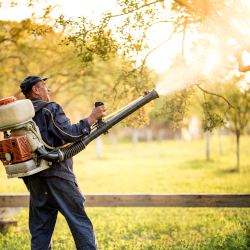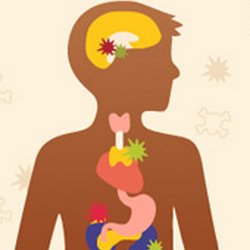“There is no such thing as a single-issue struggle because we do not live single-issue lives.” – Audre Lorde, poet, activist
Clean water. Clean air. Access to healthy, pesticide-free food—for everyone. Humane treatment of animals. A thriving, biodiverse ecosystem. Safe working conditions and fair wages. The truth—not bogus advertising claims—about what’s in our food, and what damage is inflicted on the environment by GMO monocultures and factory farm practices.
Who doesn’t want all of these things? Yet often, these battles are fought in isolation. As if one issue had nothing to do with the other.
Each new week brings a new wave of studies and dire warnings.
A new comprehensive review of the link between glyphosate-based herbicides and cancer reveals that exposure to herbicides like Monsanto’s Roundup makes people 40 percent more likely to get cancer.
A new study by the Institute for Public Policy Research says our environment is destabilizing at unprecedented levels. Among its findings? Topsoil is being lost 10 to 40 times faster than it’s being replenished by natural processes.
And this dire warning published in the journal Biological Conservation: More than 40 percent of insect species could become extinct in the next few decades, and a third of species are endangered. The study’s authors say these numbers predict a total collapse of the planet’s ecosystems, with devastating consequences.
The issues addressed in these studies aren’t unrelated. And they’re all connected, in one way or another, to how we grow and produce food.
They also all have this in common: Time is running out to reverse the damage industrial agribusiness is inflicting on everything that matters.
We have never been a single-issue organization. We know that our support comes from a diverse universe of donors, who care deeply about all of the problems we face. And who know that we’re all in this together.
Make a tax-deductible donation to the Organic Consumers Association
Support Citizens Regeneration Lobby, OCA’s 501(c)(4) lobbying arm (not tax-deductible)
Click here for more ways to support our work















